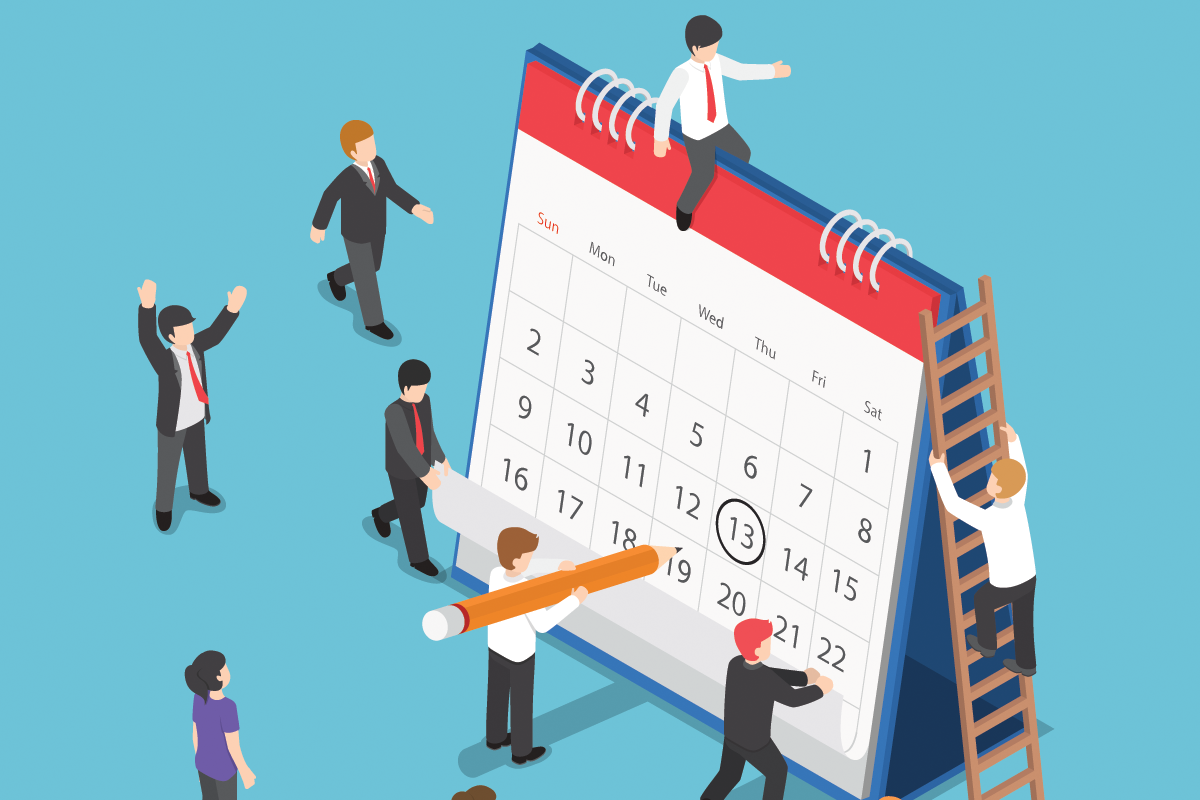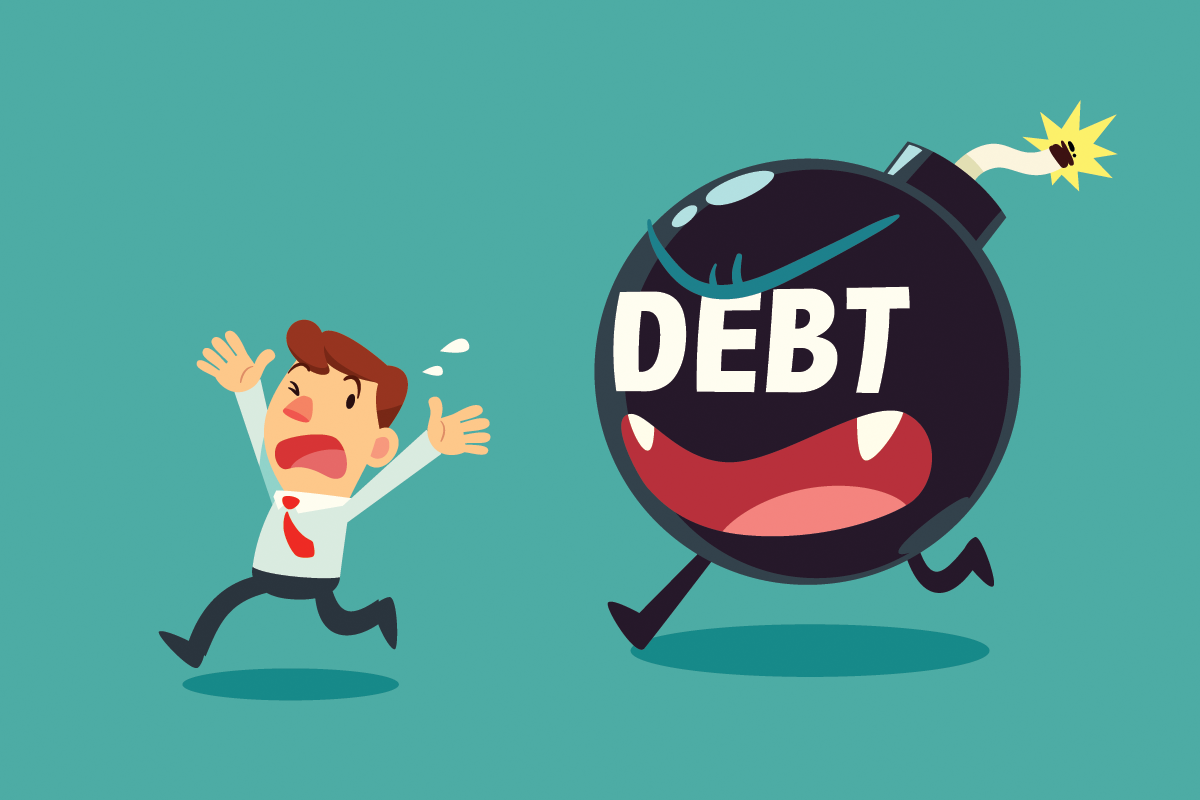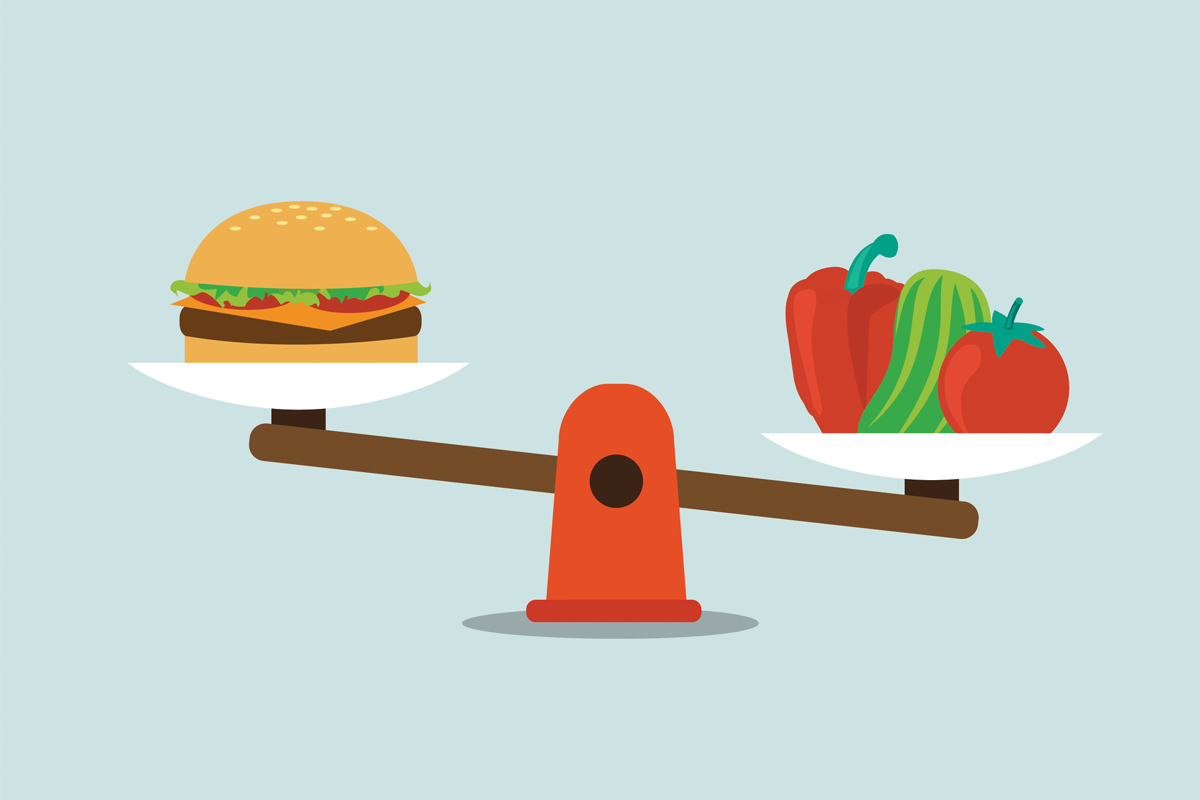Body Moving
If you were an athlete, you would need a lot of skills, depending on the sport. A sprinter would need different skills from an NLF lineman. A world class table tennis player would need different skills than a NHL goalie. But when looking at all sports, some skills are much more generalized across the spectrum. For example, in all sports, having better coordination would be better than having less coordination.
Since sports are primarily about how you use your body, more coordination means more control over your body for use as a precision instrument. So no matter what sport you were competing in, developing more coordination would help.
What About The Mind?

How we think will have an impact on how we live. How you interpret your local reality will have an impact on how you live. How you interact with your reality will have an impact on how you live. Thinking, interpreting and interacting are extremely important in making money, creating relationships, and enjoying your free time.
This is so obvious is doesn’t seem like it’s worth mentioning. But what if there were are underlying skill in thinking, interpreting and interacting that was equivalent to coordination, in that no matter what you wanted to do with your life, this skill would help?
Potential For Meta Skill
Suppose there was one skill. And suppose that by practicing and enhancing this one skill, you would increase your endeavor with any endeavor that was based on your mental acuity? Further, what if there was a way to measure this skill, so you could measure your improvements over time? There are plenty of tests for hand-eye coordination. Plenty of exercises to improve hand-eye coordination. Doing so will not only improve sports abilities but musical abilities as well.
Thinking Capacity
IQ is often used to measure thinking ability. But IQ is also accepted to be more or less fixed. That is, if you have a high IQ, you are lucky, and if you have a low IQ, you’re stuck inside your average head. But what if IQ is not only the wrong measurement, but that the true measurement of thinking ability is not fixed, but can be as easily enhanced and strengthened as easily coordination or muscle strength?
What Are Humans?

Before we understand what this meta skill is, we have to understand our role of humans. If you were an NLF lineman, for example, you might not improve your playing skills by practicing your ping pong serve. In order to find out what the meta thinking skill is, we need to understand the meta human purpose.
What Do Humans Do Best – Are We Thinkers?
We do a lot of things. Some of them good, some of them not so good. It seems desirable to have a high IQ, but many people with high IQ’s don’t amount to much. Some even end up in prison, like Unibomber Ted Kaczynski (IQ = 167). Since high IQ is by definition, only in a few people, having intelligence can’t be the prime skill of us humans. Plenty of people with average IQ’s have pretty good lives and make pretty good money and have pretty happy families. Our main skill can’t be thinking, at least abstract thinking that is associated with having a high IQ
Are We Artists?
This can’t be true either, since most of us suck at even basic drawing. The same goes for philosophy and other esoteric arts. Even the pure sciences are populated by extraordinarily gifted people who come up with ideas (like Higgs Bosons and General Relativity) that most of us couldn’t dream up in a million years.
How Exceptions Make The Rule
In any area of human behavior, we can’t try and define who we are by looking at the outliers. We have to decide our “human purpose” by looking at what most humans do. Most humans are average thinkers. Most humans get average grades. So how would we define the general “purpose” of the average human?
Take A Look At Human Society

One thing about any given society, is subsequent societies tend to do better, at least from a technology invention standpoint, than previous societies. Sure, sometimes that path upward is slow going. Up until the Industrial Revolution, most people in most societies lived pretty similar lives. Even so, the trajectory WAS upward. Upward how?
Measurements of Upward Movement
The tendency for most humans was to do more with less. Less work to get more output. Farming is easier and safer than hunting. Farming with equipment is more efficient than farming with animals. Farming with chemically created fertilizers is more efficient than slash and burn farming.
Food Sex Relationships
Society more or less boils down to these three things. Getting money to buy the things that you need, to enjoy your life with the relationships you’ve chosen, and to enjoy your free time however you like. Everybody participates in their own way, putting in what they can, and hopefully getting paid enough to live the life they want.
We eat food because we need it to survive, and it tastes good, and we enjoy eating it. We have sex so our species can survive, and it feels good, and we enjoy doing it. We have relationships because the right relationships with the right people make everything better.
All Future Endeavors Are Uncertain
Any time we move into the future, the outcome is uncertain. If we are doing something that will hopefully get us paid, the more accurately we can anticipate events, the more likely we’ll achieve success. The more we are surprised by events, when others have anticipated them, the less likely we’ll be successful.
Isaac Newton’s Biggest Failure

Newton was one of the biggest geniuses of all time. He discovered gravity. He invented (or discovered) Calculus. He was arguably one of the smartest thinkers of all time. But how well did he anticipate events? Fortunately we have some data. When it comes to being able to anticipate future events, he was like the rest of us normal humans.
Market Bubbles
Sir Isaac got swept up in a market bubble. He bought in the very beginning, and then sold on the way up. But then the bubble kept rising, and his emotions got the best of him. He bought much higher up, unfortunately very near the top, and then lost everything as it soon crashed. We drop in this little tidbit to show that even having a super-genius, Calculus inventing IQ doesn’t give one the ability to adequately navigate an unknown future.
All Future Endeavors Are Goals

Anything we intend to do in the future can be described of as a goal. Something we want to happen out in the unknown future. The better one is at doing this, the more successful one will generally be. So we can say that goal setting and goal achievement, even unconscious goals, are a necessary part of what all humans do.
And we can argue that humans who are generally more successful at setting and achieving goals (or outcomes or targets or objectives or however you prefer to define them) will be more successful in life. Let’s take a look at this idea in several different areas of life, both modern and ancient.
Hunter Gathers
Ancient humans need to find food on a regular basis. They needed food and they needed shelter. Because most of their food came from animals that didn’t stand around and wait to be killed, they had to go out in the world to find them. This required goal setting on a very fundamental level. You wake up in the morning with hunger in your belly. Satisfying that urge requires the ability to set and achieve a goal. Of finding something, killing it, and eating it. Those that were better at the general skill of setting and achieving the hunger goals were more successful than those who weren’t.
Modern Times – Jobs
All college graduates need a job. This is something that must happen in any unknown future. They job they get is dependent on the degree they have. The degree they have is dependent on the choices they made going into college. Those choices were dependent on how well they planned their future (getting a good job that pays good money). This is another form of goal setting. Most people would like to get a good job. Some set and achieve those goals. Some skate through and hope it happens.
Modern Times – Relationships
Everybody wants to be in a relationship with a compatible person. We all want the same things. Intimacy, confidentiality, safety, expression of true self. Some people make plans for this to happen, some hope to get lucky. This is just as true in the short term as in the long term.
General Life Skills Review
It is pretty clear that the better you are at setting and achieving solid goals, the less you’ll have to rely on luck. The less you set solid and realistic goals, the more you’ll have to rely on luck. But setting goals is a very vague set of tools. Setting goals is like being an athlete. You need different skills based on different goals. What we need is a meta skill (like coordination), so we can learn to measure it and practice is. That way, no matter what your goals are, with this meta skill, they will be easier, whether they be spiritual or romantic or financial.
Bowling Metaphor
If you had to bowl blindfolded, you wouldn’t likely hit anything. But if you took the blindfold off, you would probably hit a few pins. Setting and achieving goals is similar, but in real life, the pins represent the future.
We can never predict the future. But the more we can anticipate the likely future, the better we’ll be. A high school graduate who spends time and effort studying the state of the economy, and what the job market might look like over the next decade will do better than an equally intelligent student who simply studies what he or she enjoys.
How To Better See The Future

The more clearly we can see the future, the better we’ll be able to set and achieve realistic goals. Luckily, there is a measurement that does allow us to increase our ability to anticipate the future. This deeply human skill is responsible for hunters turning into farmers, and for farmers to invent the industrial revolution. What is this idea?
Time Preference – The Meta Skill Of Life
What Is Time Preference?
This is the one thing that if you only focused on improving this, all other areas of your life would improve as well. As coordination is to sports, time preference is to life. And lucky for us, time preference is extremely flexible. If you currently have the weakest time preference on earth, you can slowly build it into strength. But first, we’ve got to figure out what it is.
Money Measurement

Which would you rather have, a million dollars today, or two million a year from now? How about one today, vs. one and a half a year from now? 1.0 vs. 1.25? 1.0 vs. 1.1? When you get to the point where both numbers are equal, the difference is your time preference. Right off the bat you can see how flexible time preference is. You may have a relatively low time preference (which is good) but if you get laid off and you only have enough in your bank account to pay one more month of rent, your time preference will go through the roof.
Ability To Feel The Future
A low time preference implies that you not only have the capability to see what your potential future might look like six months or a year out, but you can feel it. Consider this goofy analogy to see what this means.
Imagine you’re sitting at home, on a Tuesday evening. You have a decent job, but you’re boss is kind of a jerk. You have a report due the middle of next week. If you do well with the report, you’ll get a promotion and will get a much better boss. If you don’t do well, you’ll get demoted and you’ll have to share an office with your boss, who will spend all day shouting at you.
Kind of extreme, but play along. Let’s say the report will take you most of the weekend, but as it stands now, you are ninety percent sure you’ll get it done, and get the promotion, which also comes with a 100% salary increase, and your own huge office and your own personal assistant.
Now let’s suppose your buddy calls. He’s got an all expense ticket to porn island. Where there will only be the two of you and tons of horny porn stars (or whatever flavor that stars in your sexual fantasies). He’s coming by in an hour to pick you up. All you need to do is call in sick for the next three days. He’ll have you home by Sunday night. You sure like the idea of porn-island, but right on the heels of that imagination is spending the next year in the same office as your boss, getting yelled at. Even if you decide to go to porn island, it won’t be an easy decision.
Low Time Preference Implications
The lower your time preference, the more you’ll feel the impact of your today decisions as they may play out weeks or months from now. The lower your time preference, the easier it will be to set and achieve goals. The lower your time preference, the better choices you’ll make today that will slowly build up to a much better future. The lower your time preference, the much more accurately you’ll be able to predict the outcome of your actions, and the less likely you’ll need to depend on luck.
Time Preference Financial Considerations

If you have a high time preference, seeing a couple weeks out will be difficult. So it will be easy to spend money on your credit cards. It will be easy to make purchases that you want but don’t really need. You’ll really only be able to see up to your next check, and might not even know if it will be enough to cover your bills. But with a low time preference, you can look out a couple months and get a good estimate of your monetary needs. You’ll be more likely to save to buy the things you want, instead of buying them on impulse.
Time Preference Health Considerations
With a low time preference, eating junk food is easy. You enjoy the good taste now, and don’t really contemplate the negative consequences. To see a low time preference in the extreme, imagine somebody who makes their living as a fitness model. They are highly paid, and are frequently on the cover of magazines. To them, even the thought of eating junk food doesn’t give them any pleasure, because it is immediately followed by the negative ramifications which likely includes a decrease in income.
This doesn’t mean they don’t eat junk food. But they plan it, so they will have plenty of time to recover from any planned junk food binges. Having low time preference doesn’t you can’t enjoy splurging, it just means that you plan your splurges. This paradoxically makes them more enjoyable. If you splurge all the time (on junk food or spending) then any one time isn’t that unique or special. But if you only allow yourself one or two junk food binges per month, those one or two binges will be much more enjoyable.
Time Preference Relationship Considerations
With very high time preference, you aren’t interested in Mr. Or Mrs. Right, you are interested in Mr. or Mrs. Right Now! This means you may wake up with regrets and worry and emergency trips to the pharmacy. With a very low time preference, you will choose your relationship partners based on compatibility as one of your many requirements.
In the Millionaire Next Door, one of the common traits of these next door millionaires is their choice of spouse. Notice the word: Choice. With a high relationship time preference, you end up with whoever you end up with and hope for the best. With a very low relationship time preference, you carefully select the best relationship partner based on all kinds of variables. This actually gives you much more confidence when sorting for partners, as it takes you way out of the “please accept me” mode of thinking that is so common.
How To Get Low Time Preference
The flip side of time preference is your ability to delay gratification. They both move together. Sure, living in the now is fun, but without any concern for the future, you might not have a future! No matter where you are, you can start small, and slowly build up your gratification delaying muscle while simultaneously lowering your time preference.
Saving Money

One of the most powerful ways to decrease time preference is to save money. Even if you are struggling with debt, even if you need to use debt every month to keep your head above water, you can still build delayed gratification and lowered time preference. Saving money feels the same as spending less debt every month. Spending less debt each month feels the same as building up savings each month. The idea is to slowly decrease what you spend every month, while keeping your income the same.
Even if you spend a dollar less per month, spend a dollar less per month. Doing this two or three months in a row will give you a lot of control. Having a ton of debt and not feeling in control is horrible and can make you feel hopeless. But having a ton of debt and feeling in control is much, much better. Once you’ve established control over your financial situation, even if it’s only shrinking spending by one dollar a month, you will gain an incredible amount of financial confidence.
Eating
Nobody eats as healthy as we could. All you need to do is choose one meal per week, and eat slightly healthier. You don’t need to lose fifty pounds in the next two weeks, or suddenly start an hour a day exercise program. Just slowly increase the amount of healthy food you eat, and slowly decrease the amount of unhealthy food you eat. All you are looking for is very subtle movement toward lower time preference and an increase in your ability to delay gratification.
Exercise
Exercising is a sign to your mind-body system that you like your body, you respect your body, and you want to keep your body connected to your consciousness as long as possible. Even walking or doing any kind of yoga for one minute every other day will decrease your time preference.
Time Preference Exercises

You can also do some easy mental exercises to increase your ability to delay gratification, and lower your time preference, even if you don’t change your behavior. All this requires is that you take time before choosing any particular behavior.
For example, if you are dying for a cheeseburger, go ahead and get the cheeseburger. But spend at least a couple minutes before getting the cheeseburger. Force yourself to visualize the outcome of the cheeseburger. Feel the impact of that cheeseburger however you can. Feel your pants a little bit tighter. Imagine you are one of your blood cells have a slightly harder time squeezing through your arteries.
Time Preference Magic
If all you did was do the visualization exercise regularly, something pretty cool will eventually happen. Let’s assume you love fast food, and you really wish you didn’t eat so much, but every time you tried with sheer willpower, it never worked. Simply by taking the time to force yourself to imagine the negative ramifications of the cheeseburger would slowly lower your desire for the cheeseburger over time.
How Does This Magic Work?
If you eat a cheeseburger without thinking, there is zero consideration for the negative impact. Let’s say thinking about eating a cheeseburger gives ten positive feeling points. You imagine it and it feels good when you think about it, so you eat it. But if you take the time to force yourself to imagine the negative outcomes, that will decrease slightly the amount of positive feeling you get when you think about eating it.
Visualization Is A Skill

Every time you visualize the negative impacts, you’ll get better at visualizing the negative impacts. Which means the positive desire will slowly decrease. Pretty soon you won’t need nearly as much willpower to NOT eat the cheeseburger.
Let’s say you start with the cheeseburger visualization. The first week you get ten positive feelings when thinking about the cheeseburger, and one negative feeling when imagining the outcome. If you keep it up, the visualization will get better, clearer and stronger. Once you are up to five or six on the outcome visualization (either positive or negative) it will be that much easier to avoid the cheeseburger.
Time Preference Algebra
When you have low enough time preference, this will happen automatically. You will consider things in the present, and ramifications of your choices, as you feel them by imagining them, will get stronger and stronger. You’ll enjoy doing things today (like exercising and saving money) as you imagine them creating a positive future. You’ll get a real positive feeling now as you imagine that positive future. That positive feeling now will be enough to motivate you to do the thing (save the money or do the exercise.)
You’ll have less desire to do things that will create a negative future. You will really feel the negative feelings as you imagine the future in the now. And that bad feeling you feel now (by imagining the negative future) will dissuade you to do whatever it was you were considering.
Fake It Until You Make It
By forcing yourself to imagine the future ramifications, and allowing those feelings in the now (as you imagine your future) impact your now decisions, you’ll get better and better at doing this. Pretty soon you won’t need to force yourself. It will happen on it’s own. This is the wonderful tipping point when you start doing things because you want to, and because they will build you a bigger and brighter future.
Avoid Willpower
Having low time preference means you don’t need willpower. Start by imagining the future, both good and bad, based on your potential choices today. Start doing this until the choices become easy, based on the strength of your imagination.
Your ability to visualize and feel the likely future based on your decisions you are making today is the definition of time preference.
The lower your time preference, the easier deciding today for a better future will be.
Daily Visualization Is All You Need
Make the commitment to yourself to start visualizing today. Start by spending one minute visualizing before doing behavior that you’d like to change. Continue visualizing until your visualizations, and the feelings they give you, are strong enough to dissuade you from behavior you don’t want, or to persuade you from behavior you do want. Start doing that today, and never stop.
Learn More

We have plenty of courses and books here at Mind Persuasion to help you improve virtually all areas of your life.
Mind Persuasion Courses
Mind Persuasion Books